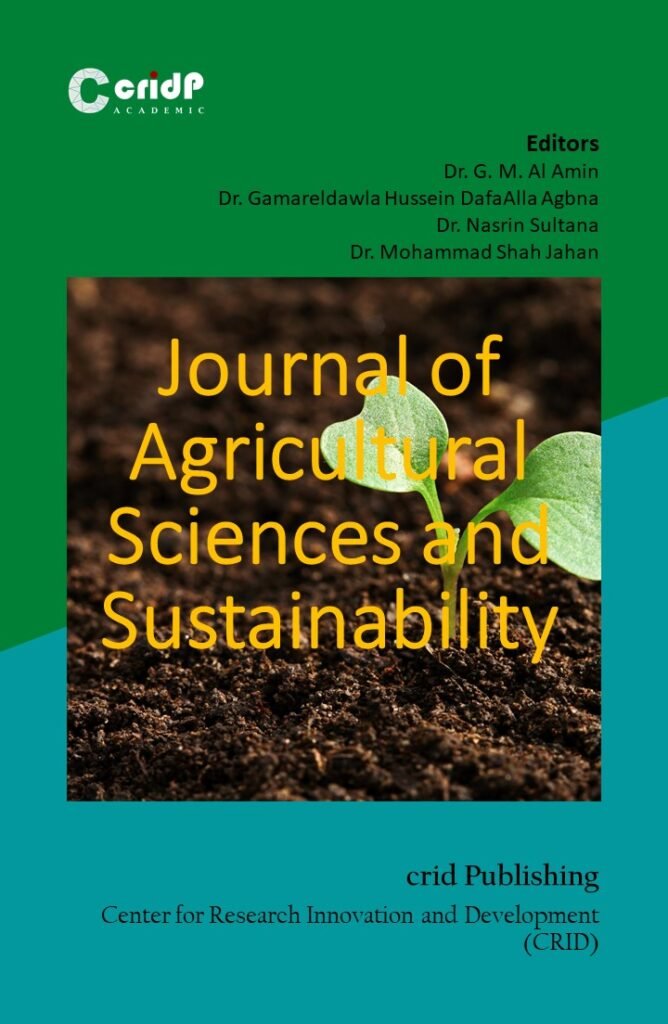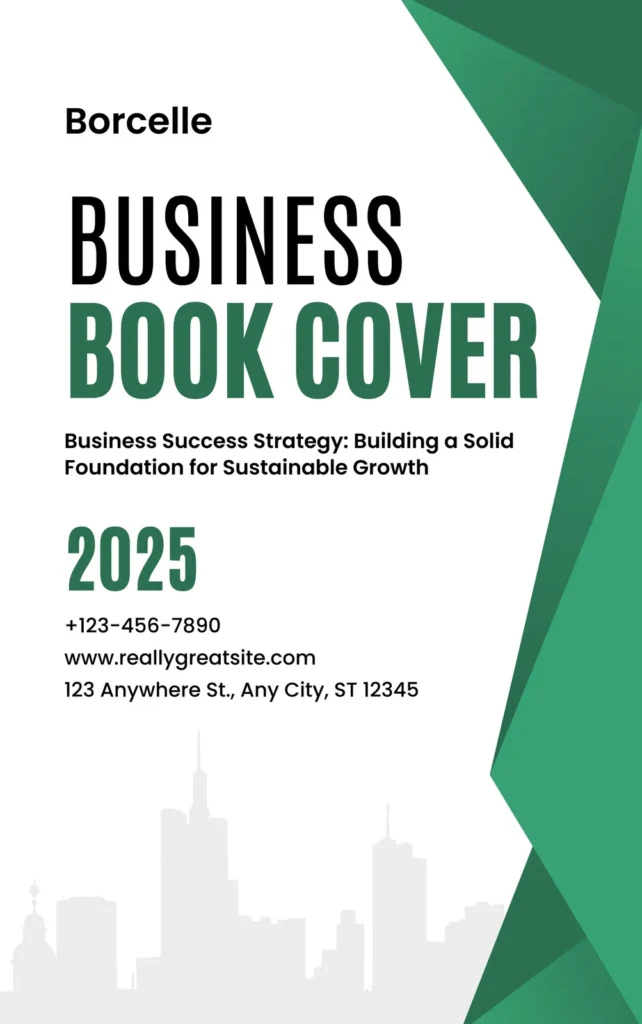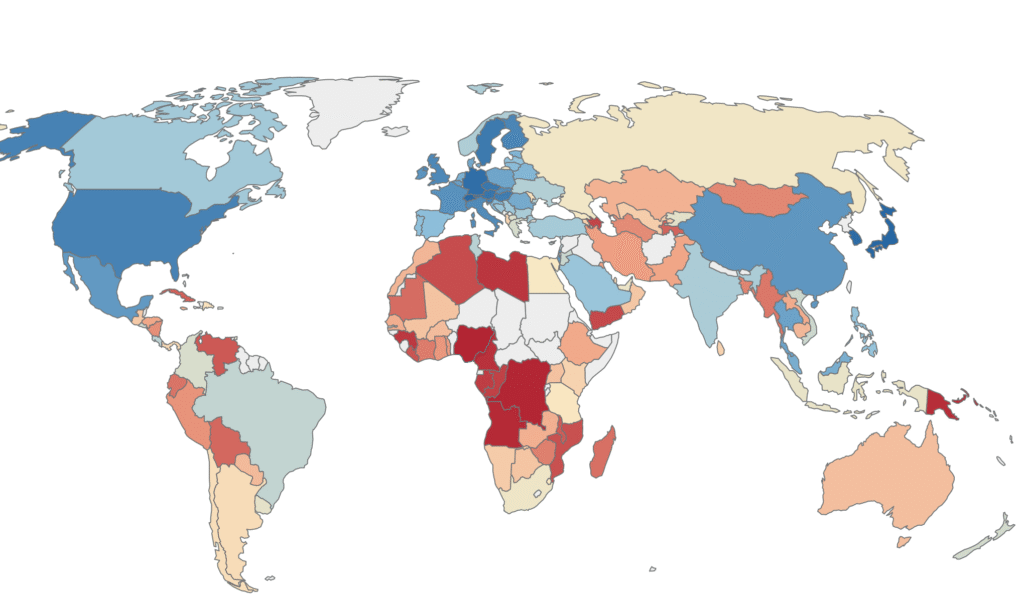Current Issue
JRID is a Scholarly Journal for Multidisciplinary Publications and Transformative Research
Current Issue
The Current Issue of the Journal of Research Innovation and Development (JRID) presents a compelling collection of multidisciplinary research articles that reflect the journal’s mission to promote innovation-driven solutions to global and regional challenges. This issue features cutting-edge studies across fields such as sustainable development, education, healthcare innovation, technological advancement, entrepreneurship, social policy, and environmental resilience. The selected articles showcase rigorous methodologies, novel insights, and practical implications for academics, industry leaders, and policymakers. With a focus on emerging trends and actionable knowledge, this issue continues JRID’s commitment to advancing scholarly discourse and fostering impactful development research.
Volume 4, Issue 1 (January 2025) – 10 article
The Journal of Research Innovation and Development (JRID) is an international, peer-reviewed, open-access journal dedicated to the dissemination of cutting-edge research and innovative practices across all fields of academic inquiry. JRID provides a multidisciplinary platform for scholars, researchers, practitioners, and policymakers to explore and share original contributions that drive scientific, technological, social, and economic advancements globally.
The journal seeks to foster a culture of research and innovation that bridges theory and practice, enhances interdisciplinary collaboration, and contributes to sustainable development. By embracing diverse perspectives and methodologies, JRID encourages submissions from all areas of academia including but not limited to science and technology, engineering, health sciences, agriculture, business, education, social sciences, humanities, and environmental studies.
All articles published in JRID undergo a rigorous double-blind peer-review process to ensure academic excellence and research integrity. The journal accepts original research articles, review papers, case studies, short communications, and conceptual papers. JRID is committed to promoting open science and knowledge accessibility, with articles published online immediately upon acceptance.

Volume 4, Issue 1 (January 2025) – 10 article
CridP Current Issue, Volume 4: Agriculture
Volume 4, Issue 1 (January 2025) – 10 article
- Issues are regarded as officially published after their release is announced to the table of contents alert mailing list.
- You may sign up for e-mail alerts to receive table of contents of newly released issues.
- PDF is the official format for papers published in both, html and pdf forms. To view the papers in pdf format, click on the “PDF Full-text” link, and use the free Adobe Reader to open them.

Issue of Climate Change and Sustainability: A Scientific Assessment
by Beatriz Junquera and Jesús Ángel Del Brío
Sustainability 2016, 8(1), 99; https://doi.org/10.3390/su8010099 – 21 Jan 2016
Abstract
The aim of the current study is to evaluate new preventive command-and-control environmental regulation’s competitive effects on automobile manufacturers and their suppliers. The methodology that we have used is a case analysis, and its main aim is to study an unfamiliar situation. Therefore, we have chosen cases from each of the groups: two suppliers and one manufacturer. The new regulation obliges automobile companies to deeply modify their process technologies and their relationships with their suppliers (toughening requirements and strengthening long-term relationships) and to require their workers to train in environmental matters. Complying with regulation by suppliers will be possible if product and process designs are modified. However, only organisational actions, which include workers’ training in environmental and quality matters and activities to recover value in factories, are capable to achieve it. In any case, these factories have already been affected by trade-offs between environmental and other more classic manufacturing objectives, especially quality.

Issue of Climate Change and Sustainability: A Scientific Assessment
by Beatriz Junquera and Jesús Ángel Del Brío
Sustainability 2016, 8(1), 99; https://doi.org/10.3390/su8010099 – 21 Jan 2016
Abstract
The aim of the current study is to evaluate new preventive command-and-control environmental regulation’s competitive effects on automobile manufacturers and their suppliers. The methodology that we have used is a case analysis, and its main aim is to study an unfamiliar situation. Therefore, we have chosen cases from each of the groups: two suppliers and one manufacturer. The new regulation obliges automobile companies to deeply modify their process technologies and their relationships with their suppliers (toughening requirements and strengthening long-term relationships) and to require their workers to train in environmental matters. Complying with regulation by suppliers will be possible if product and process designs are modified. However, only organisational actions, which include workers’ training in environmental and quality matters and activities to recover value in factories, are capable to achieve it. In any case, these factories have already been affected by trade-offs between environmental and other more classic manufacturing objectives, especially quality.

Issue of Climate Change and Sustainability: A Scientific Assessment
by Beatriz Junquera and Jesús Ángel Del Brío
Sustainability 2016, 8(1), 99; https://doi.org/10.3390/su8010099 – 21 Jan 2016
Abstract
The aim of the current study is to evaluate new preventive command-and-control environmental regulation’s competitive effects on automobile manufacturers and their suppliers. The methodology that we have used is a case analysis, and its main aim is to study an unfamiliar situation. Therefore, we have chosen cases from each of the groups: two suppliers and one manufacturer. The new regulation obliges automobile companies to deeply modify their process technologies and their relationships with their suppliers (toughening requirements and strengthening long-term relationships) and to require their workers to train in environmental matters. Complying with regulation by suppliers will be possible if product and process designs are modified. However, only organisational actions, which include workers’ training in environmental and quality matters and activities to recover value in factories, are capable to achieve it. In any case, these factories have already been affected by trade-offs between environmental and other more classic manufacturing objectives, especially quality.

Issue of Climate Change and Sustainability: A Scientific Assessment
by Beatriz Junquera and Jesús Ángel Del Brío
Sustainability 2016, 8(1), 99; https://doi.org/10.3390/su8010099 – 21 Jan 2016
Abstract
The aim of the current study is to evaluate new preventive command-and-control environmental regulation’s competitive effects on automobile manufacturers and their suppliers. The methodology that we have used is a case analysis, and its main aim is to study an unfamiliar situation. Therefore, we have chosen cases from each of the groups: two suppliers and one manufacturer. The new regulation obliges automobile companies to deeply modify their process technologies and their relationships with their suppliers (toughening requirements and strengthening long-term relationships) and to require their workers to train in environmental matters. Complying with regulation by suppliers will be possible if product and process designs are modified. However, only organisational actions, which include workers’ training in environmental and quality matters and activities to recover value in factories, are capable to achieve it. In any case, these factories have already been affected by trade-offs between environmental and other more classic manufacturing objectives, especially quality.

Issue of Climate Change and Sustainability: A Scientific Assessment
by Beatriz Junquera and Jesús Ángel Del Brío
Sustainability 2016, 8(1), 99; https://doi.org/10.3390/su8010099 – 21 Jan 2016
Abstract
The aim of the current study is to evaluate new preventive command-and-control environmental regulation’s competitive effects on automobile manufacturers and their suppliers. The methodology that we have used is a case analysis, and its main aim is to study an unfamiliar situation. Therefore, we have chosen cases from each of the groups: two suppliers and one manufacturer. The new regulation obliges automobile companies to deeply modify their process technologies and their relationships with their suppliers (toughening requirements and strengthening long-term relationships) and to require their workers to train in environmental matters. Complying with regulation by suppliers will be possible if product and process designs are modified. However, only organisational actions, which include workers’ training in environmental and quality matters and activities to recover value in factories, are capable to achieve it. In any case, these factories have already been affected by trade-offs between environmental and other more classic manufacturing objectives, especially quality.

Issue of Climate Change and Sustainability: A Scientific Assessment
by Beatriz Junquera and Jesús Ángel Del Brío
Sustainability 2016, 8(1), 99; https://doi.org/10.3390/su8010099 – 21 Jan 2016
Abstract
The aim of the current study is to evaluate new preventive command-and-control environmental regulation’s competitive effects on automobile manufacturers and their suppliers. The methodology that we have used is a case analysis, and its main aim is to study an unfamiliar situation. Therefore, we have chosen cases from each of the groups: two suppliers and one manufacturer. The new regulation obliges automobile companies to deeply modify their process technologies and their relationships with their suppliers (toughening requirements and strengthening long-term relationships) and to require their workers to train in environmental matters. Complying with regulation by suppliers will be possible if product and process designs are modified. However, only organisational actions, which include workers’ training in environmental and quality matters and activities to recover value in factories, are capable to achieve it. In any case, these factories have already been affected by trade-offs between environmental and other more classic manufacturing objectives, especially quality.

Issue of Climate Change and Sustainability: A Scientific Assessment
by Beatriz Junquera and Jesús Ángel Del Brío
Sustainability 2016, 8(1), 99; https://doi.org/10.3390/su8010099 – 21 Jan 2016
Abstract
The aim of the current study is to evaluate new preventive command-and-control environmental regulation’s competitive effects on automobile manufacturers and their suppliers. The methodology that we have used is a case analysis, and its main aim is to study an unfamiliar situation. Therefore, we have chosen cases from each of the groups: two suppliers and one manufacturer. The new regulation obliges automobile companies to deeply modify their process technologies and their relationships with their suppliers (toughening requirements and strengthening long-term relationships) and to require their workers to train in environmental matters. Complying with regulation by suppliers will be possible if product and process designs are modified. However, only organisational actions, which include workers’ training in environmental and quality matters and activities to recover value in factories, are capable to achieve it. In any case, these factories have already been affected by trade-offs between environmental and other more classic manufacturing objectives, especially quality.

Issue of Climate Change and Sustainability: A Scientific Assessment
by Beatriz Junquera and Jesús Ángel Del Brío
Sustainability 2016, 8(1), 99; https://doi.org/10.3390/su8010099 – 21 Jan 2016
Abstract
The aim of the current study is to evaluate new preventive command-and-control environmental regulation’s competitive effects on automobile manufacturers and their suppliers. The methodology that we have used is a case analysis, and its main aim is to study an unfamiliar situation. Therefore, we have chosen cases from each of the groups: two suppliers and one manufacturer. The new regulation obliges automobile companies to deeply modify their process technologies and their relationships with their suppliers (toughening requirements and strengthening long-term relationships) and to require their workers to train in environmental matters. Complying with regulation by suppliers will be possible if product and process designs are modified. However, only organisational actions, which include workers’ training in environmental and quality matters and activities to recover value in factories, are capable to achieve it. In any case, these factories have already been affected by trade-offs between environmental and other more classic manufacturing objectives, especially quality.

Issue of Climate Change and Sustainability: A Scientific Assessment
by Beatriz Junquera and Jesús Ángel Del Brío
Sustainability 2016, 8(1), 99; https://doi.org/10.3390/su8010099 – 21 Jan 2016
Abstract
The aim of the current study is to evaluate new preventive command-and-control environmental regulation’s competitive effects on automobile manufacturers and their suppliers. The methodology that we have used is a case analysis, and its main aim is to study an unfamiliar situation. Therefore, we have chosen cases from each of the groups: two suppliers and one manufacturer. The new regulation obliges automobile companies to deeply modify their process technologies and their relationships with their suppliers (toughening requirements and strengthening long-term relationships) and to require their workers to train in environmental matters. Complying with regulation by suppliers will be possible if product and process designs are modified. However, only organisational actions, which include workers’ training in environmental and quality matters and activities to recover value in factories, are capable to achieve it. In any case, these factories have already been affected by trade-offs between environmental and other more classic manufacturing objectives, especially quality.

Issue of Climate Change and Sustainability: A Scientific Assessment
by Beatriz Junquera and Jesús Ángel Del Brío
Sustainability 2016, 8(1), 99; https://doi.org/10.3390/su8010099 – 21 Jan 2016
Abstract
The aim of the current study is to evaluate new preventive command-and-control environmental regulation’s competitive effects on automobile manufacturers and their suppliers. The methodology that we have used is a case analysis, and its main aim is to study an unfamiliar situation. Therefore, we have chosen cases from each of the groups: two suppliers and one manufacturer. The new regulation obliges automobile companies to deeply modify their process technologies and their relationships with their suppliers (toughening requirements and strengthening long-term relationships) and to require their workers to train in environmental matters. Complying with regulation by suppliers will be possible if product and process designs are modified. However, only organisational actions, which include workers’ training in environmental and quality matters and activities to recover value in factories, are capable to achieve it. In any case, these factories have already been affected by trade-offs between environmental and other more classic manufacturing objectives, especially quality.
Ready to Drive Change through Research?
Submit Your Article to JRID in Advancing Innovation, Knowledge, and Impact for a Sustainable Future

